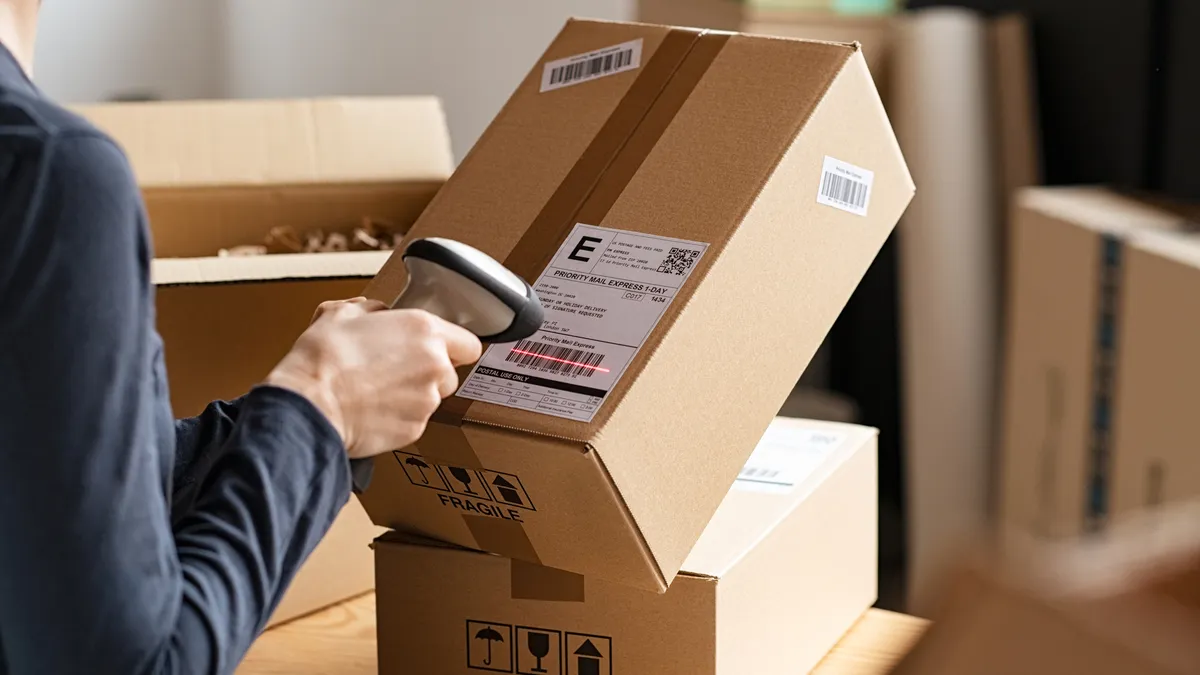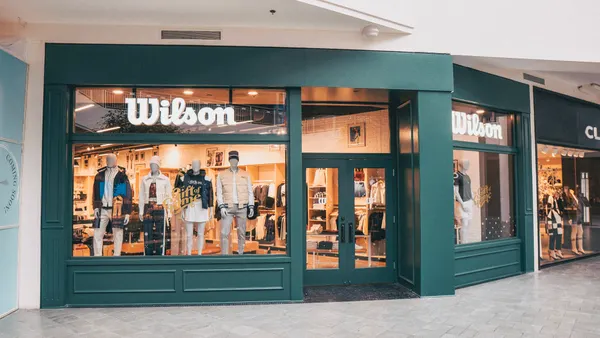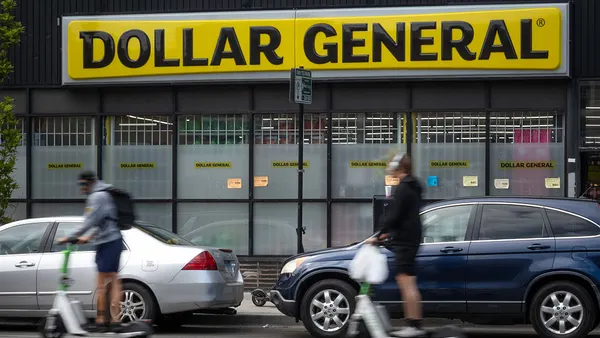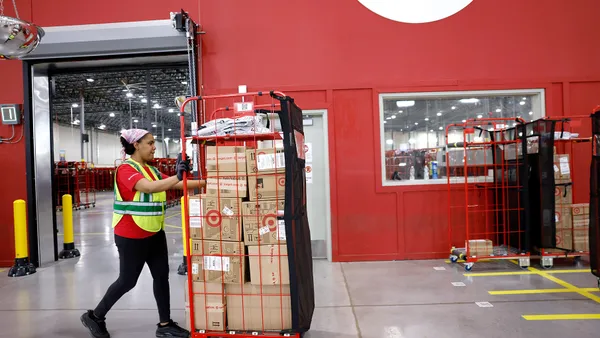The National Retail Federation on Thursday announced that it acquired the Reverse Logistics Association, a global trade group for the returns and reverse industry.
"NRF has a long history of convening supply chain professionals to collaborate and develop resources that improve the retail industry. Retailers understand the importance of sustainability practices and the environmental, economic, social and consumer benefits that accompany them,” NRF President and CEO Matthew Shay said in a statement. “As consumer demand for sustainable offerings continues to increase, RLA’s reverse logistics expertise will help our members to ‘close the loop’ and accelerate the emergence of the circular economy.”
The reverse logistics industry manages the collecting, sorting, repairing and refurbishing of products for resale or recycling. Everything that happens after a sale is an aspect of reverse logistics, according to the RLA website.
At the end of last year, the NRF released a report that stated consumers were expected to return over $816 billion worth of merchandise in 2022. For every $1 billion in sales, the average retailer incurs $165 million in merchandise returns. Additionally, for every $100 in returned merchandise that is accepted, retailers lose $10.40 to return fraud, according the report’s findings.
“While oftentimes returns represent a lost sale for a retail establishment, returns can also provide recourse through positive customer engagement and, potentially, another purchase,” Mark Mathews, vice president of research development and industry analysis at NRF, said in a statement at the time.
Returns and reverse logistics have been an ongoing area of concern for retailers, causing many companies to examine their policies. Apparel retailer South Moon Under this summer launched a program that allows online shoppers to receive 15% off full-priced items when using a code — but the code makes the entire purchase final and ineligible for returns. Zara last year stated that U.K. customers would be charged a small fee for customers to return online purchases to third-party drop-off points, while Amazon started charging customers for some returns made to UPS Store locations.













